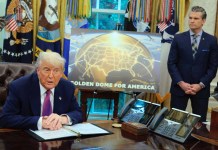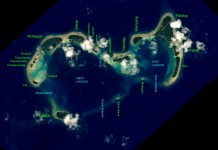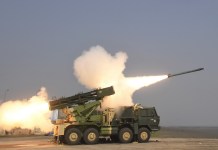The US has finally achieved what could be seen as a diplomatic victory with one of its partners, the UAE. The latter gave in to consistent US pressure against Chinese presence in the Emirates, something Washington has viewed as an elaborate Chinese plan to expand its footprint in the Gulf region.
According to a top UAE official, work on a Chinese facility in the country was recently halted after American authorities suggested that Beijing wanted to utilize the location for military objectives, reported the Wall Street Journal.
Work at the site was stopped at Washington’s request, said Anwar Gargash, diplomatic adviser to the UAE government although he claimed that Abu Dhabi did not believe the facility was designed for military or security purposes.
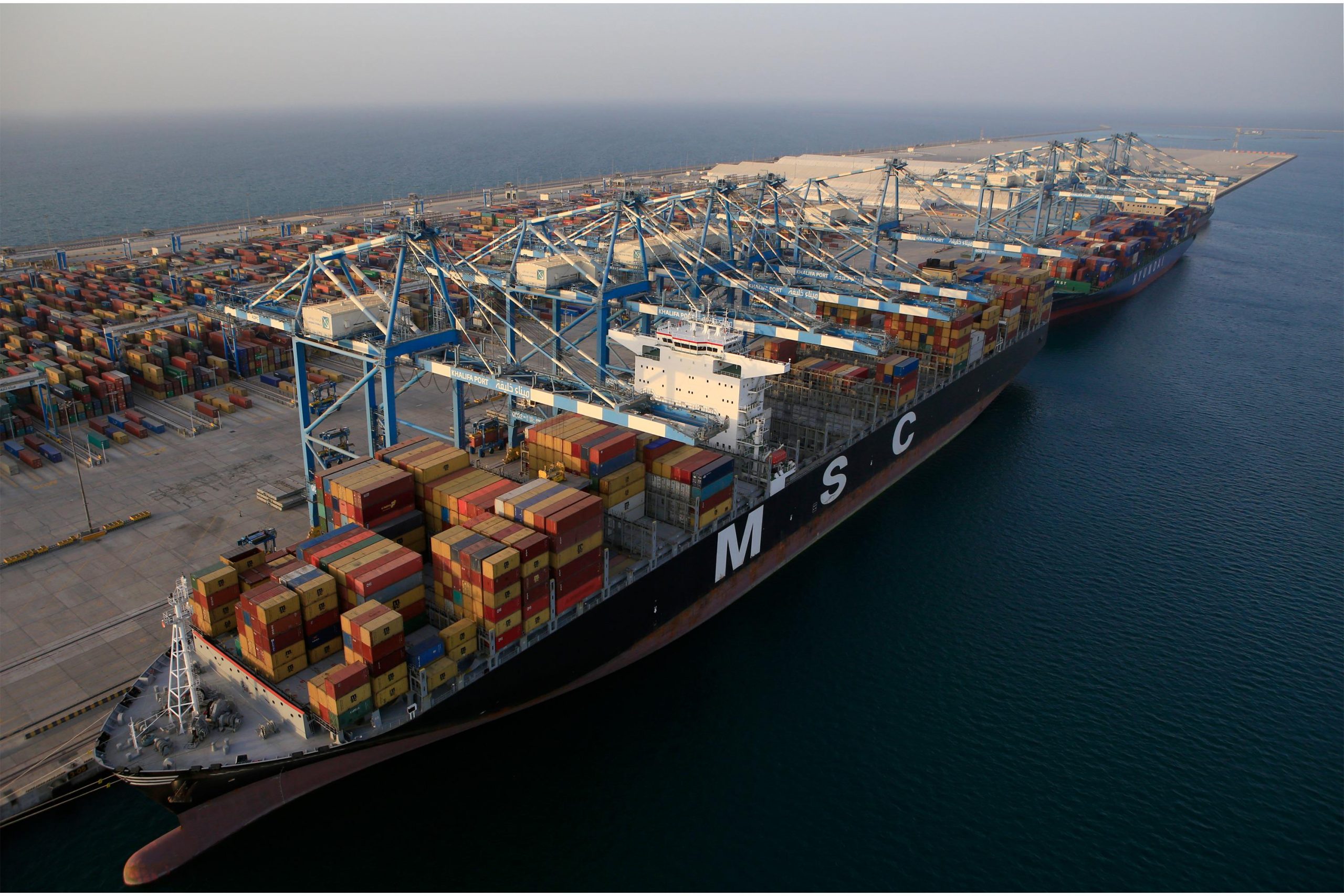
“We stopped the work on the facilities. However, our opinion remains unchanged: the facilities were not military installations,” Gargash stated. However, he did not comment on what the UAE thought the facilities were going to be used for.
“You hear your ally’s worries, and it would be irresponsible,” not to consider them, he said.
China’s growing bonhomie with the UAE seems to have created some hiccups in the Abu Dhabi-Washington ties, affecting some key weapons deals, including the sale of F-35 stealth fighters.
Even though the US had mentioned that it remained committed to the F-35 deal, it had been delaying it for quite some time. Earlier, reports had emerged of the Biden administration asking for some guarantees to allow the sale of 50 F-35 fighters, the agreement for which was signed with the Trump administration.
Chinese telecom giant Huawei’s participation in the 5G trials, in which the US and its allies have dug their heels, was seen as a primary reason. There was also a concern among US lawmakers that American military equipment could be used in the Yemen conflict.
US nixes secret Chinese military facility in UAE?
"US intelligence agencies learned this spring China was secretly building what they suspected was a military facility at a port in the UAE…After rounds of meetings and visits by US officials, construction was recently halted." https://t.co/pLhwkNus7D
— Jeff M. Smith (@Cold_Peace_) November 19, 2021
Although various reasons were cited, the Americans never withdrew from the deal. At one point, it was also speculated that the Emiratis would receive a less stealthy version of the F-35, as previously reported by the Eurasian Times.
Now, with the UAE government abruptly shutting down the Chinese facility, the stalled F-35 talks could receive fresh momentum.
China’s Presence In UAE
Last month, the Wall Street Journal had claimed that US intelligence services had spotted Chinese construction at a port near Abu Dhabi, where China’s Cosco shipping business owns a commercial container facility.
The development had cast a shadow over the Biden administration’s relationship with Abu Dhabi, one of Washington’s most important Gulf allies. It led to a series of high-level talks and intelligence cooperation between the two countries regarding the matter. Construction at the site was recently paused at the request of the United States, according to the WSJ.
It is believed that for at least a year, American officials have been closely monitoring the construction of what they believed was a military facility inside the Khalifa port. Officials from the United States and the United Arab Emirates have not revealed the exact nature of the facility under development.
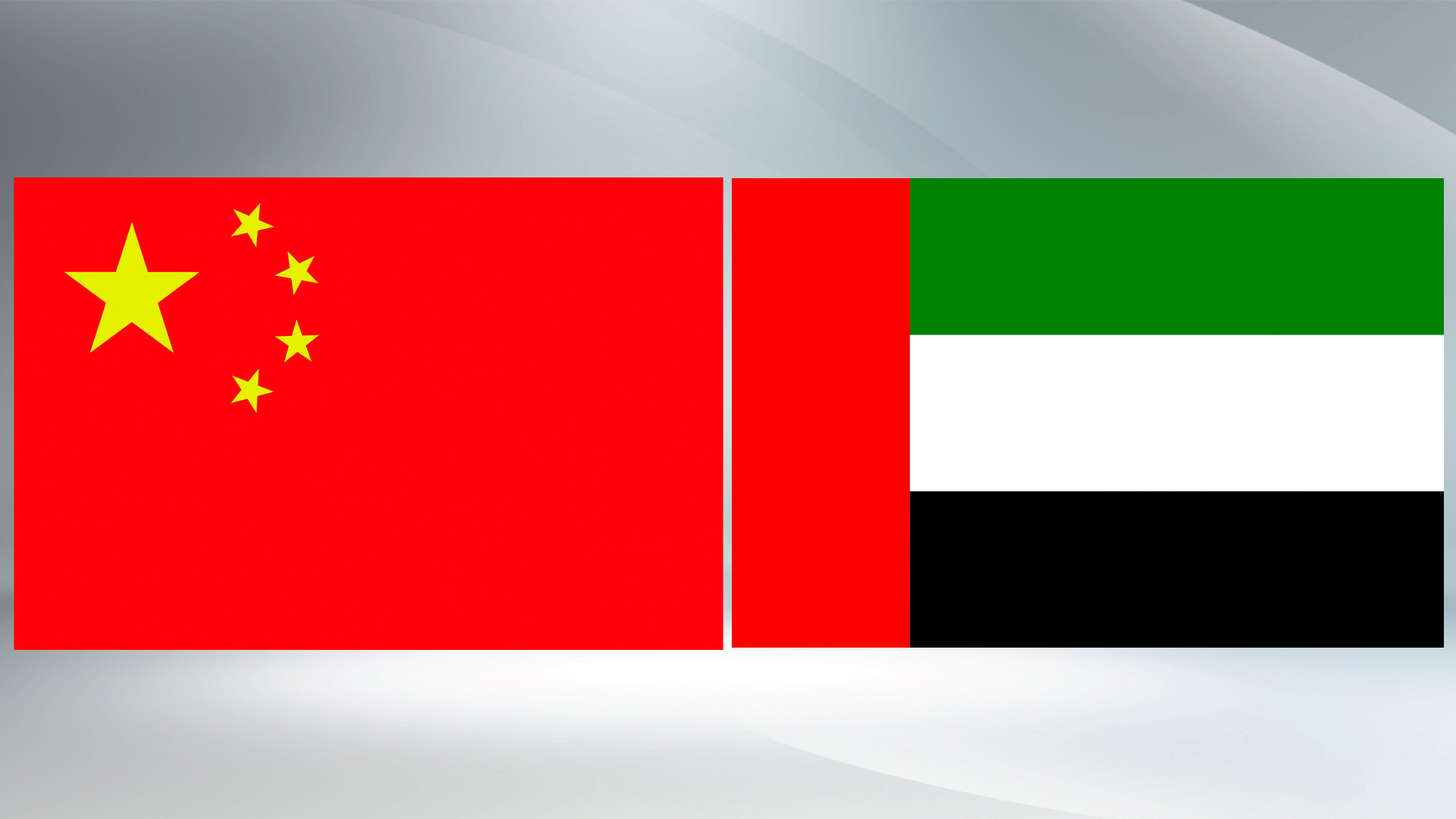
The Biden administration cautioned the Emirati government that a Chinese military presence in its country may jeopardize ties between the two countries after intelligence agencies in Washington learned that Beijing was secretly developing what they assumed was a military installation near a port.
This move coincides with Beijing’s efforts to create commercial ports in outposts around the world, which many believe is a clear attempt to strengthen its military footprint. Commercial ports have previously been built in Pakistan and Sri Lanka, as well as China’s first overseas military base in Djibouti.
The United States for long has maintained that China aims to expand its military footprint through its commercial activities whereby it sends its troops in the name of security of its infrastructure in the host country. America has also accused China of creating debt traps, especially in Sri Lanka, where it secured the lease of the strategically located Hambantota port for 99 years.
“We have made our position very clear about the types of activities that would jeopardize our ability to do things that our partners want,” Bret McGurk, US National Security Council’s coordinator for the Middle East, said referring to weapons’ sales and technology transfer to America’s regional allies.”
The start-up area (Phase I) of China-UAE Industrial Capacity Cooperation Demonstration Zone is located in Area A (51 k㎡) of KIZAD, with a total planned area of 2.2 k㎡. and about 4 km from Khalifa port. pic.twitter.com/u1HNjeU9NP
— China-UAE Industrial Capacity Cooperation Zone (@ChinaUAE_ICCDZ) May 27, 2020
This is indicative of the US reluctance to have military transactions with any country that engages with its arch-rival China and also hints at the delay caused in the F-35 sale to the UAE, despite several rounds of talks.
With its threat perception growing stronger in the region, especially from Iran, the UAE recently purchased 80 Rafale jets from France. The American delay in completing the F-35 deal was believed to be one of the major reasons for the UAE military diversifying its options.
Gargash stated that the UAE is very anxious about getting caught in the middle of a tussle between China, one of its key economic partners, and the US, its major military ally. This was the first official communication from the UAE on the ensuing stalemate.
He stated that there is a “thin line” between competition and a new Cold War and that the Emirates do not want the rivalry to “slide into a second Cold War”.
Huwaei & 5G Trials
Another thorny issue between the United States and the United Arab Emirates in the past two years has been the Emirati decision to allow the Chinese telecom giant, Huawei to be a part of 5G trials in the Emirati kingdom. The company has been charged with espionage by the United States, which had urged all its partners to abandon the company and boycott it from all its telecom equipment.
However, in 2019, despite US pressure to avoid Huawei’s products, the UAE announced that it would employ equipment from the Chinese technology giant to establish a new high-speed wireless network.
The announcement, made at a major European trade conference, was then seen as yet another setback for US officials trying to persuade countries to prohibit Huawei equipment.
The Gulf Arab countries have been looking to diversify their economies away from the sole oil export-generated revenue. In the face of this hunger to incorporate cheaper technology as means of expanding infrastructural development, the UAE refused to sanction or boycott Huawei. This had since become a bone of contention between the US and the UAE.
Big congratulations to Huawei Tech (UAE) for receiving the Outstanding Award for Business Innovation. #MRMaward pic.twitter.com/RX9OjakoBK
— Dubai Chamber (@dubaichamber) December 9, 2021
Huawei has struggled in recent years as a result of US sanctions, with Washington alleging that the company has close ties to China’s military and that Beijing may use its technology for spying which Huawei has consistently denied.
“We have been able to mitigate external political pressures like those pursued by the US by establishing the trust of our partners in the Middle East,” Charles Yang, Huawei’s Middle East chief, told AFP from the company’s headquarters in Dubai, as reported by Economic Times earlier this year.
The Biden administration has communicated in no uncertain terms that it expects the UAE, which is its close military partner in the Gulf region, to abandon Huawei from its 5G program. With the Chinese facility being shut down, the Emirate could soon be pulling the plug on the Chinese telecom giant.
The F-35 Deal
The UAE’s defense ministry said the acquisition of French Rafale fighter jets would complement the UAE’s planned purchase of American F-35 fighter jets, which has been stalled owing to Washington’s concerns about Abu Dhabi’s relationship with China.
This was in response to speculations that the Rafale deal was signed as an alternative to the F-35s.
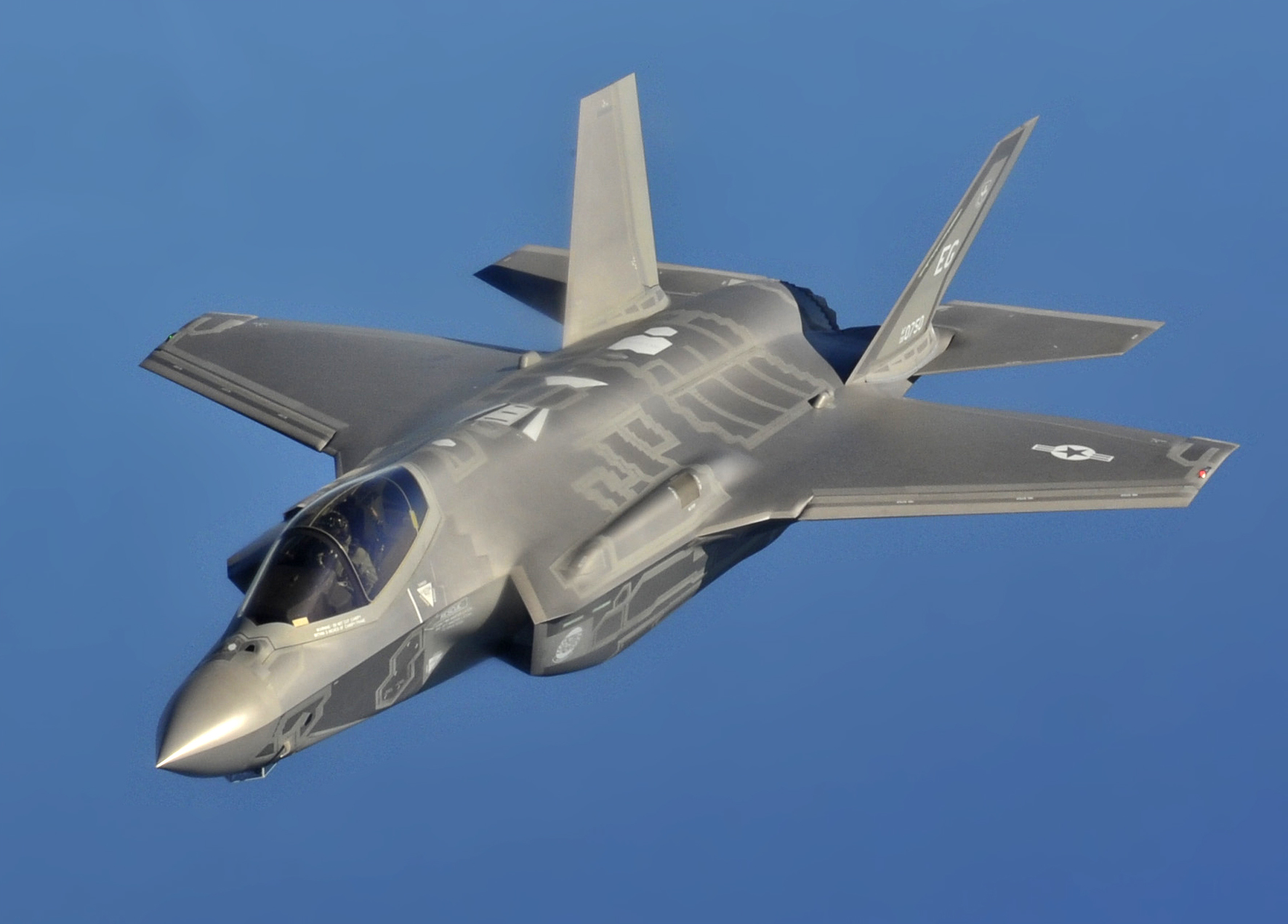
“This deal is not seen as a replacement for the upcoming F-35 sale; rather, it is seen as a complimentary deal… as we improve our air force capabilities,” Major General Ibrahim Nasser Al Alawi, commander of the UAE Air Force and Air Defense said, adding that the UAE had been looking for a replacement for its Mirage fleet for some time.
The UAE’s latest move to halt work at a Chinese facility is certainly an attempt to bridge the trust deficit with its military partner, the US, which has been sitting on the F-35 deal for almost a year.
If the sale goes through, the 50 F-35 fighter jets along with 80 Rafales would make UAE Air Force an assertive military power in the Middle-Eastern region.
- Contact the author at sakshi.tiwari9555@gmail.com
- Follow EurAsian Times on Google News

